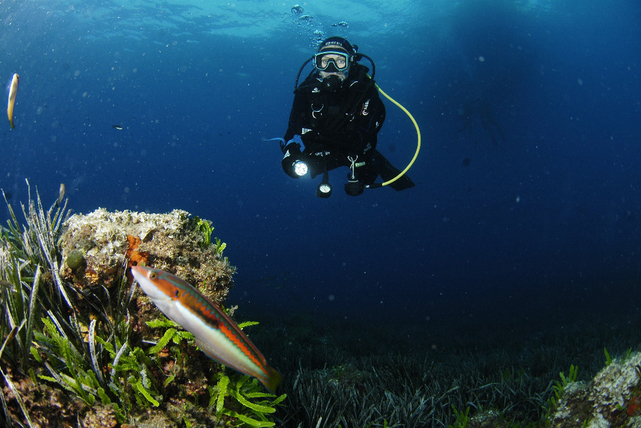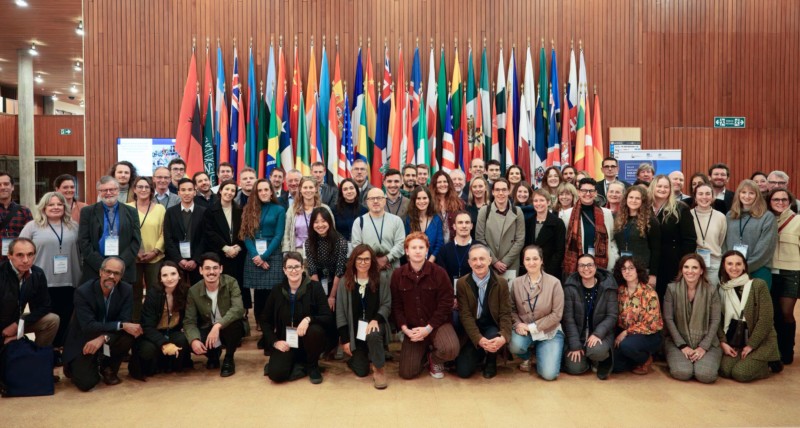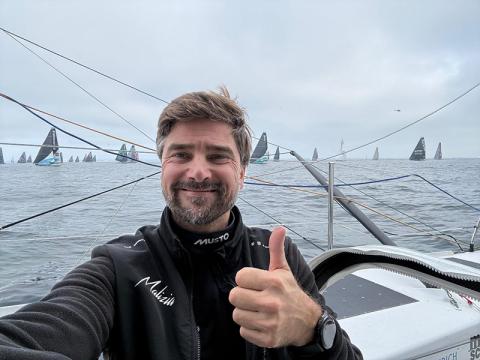Pollution, ignored warnings, collapse of biodiversity… the Mediterranean has come close to death. A look back at half a century of awareness, denial, and beginnings of solutions.
In 1975, at the United Nations headquarters, Commander Jacques-Yves Cousteau raised a cry of alarm. His speech on the state of the Mediterranean was unequivocal: « If the current trend continues, only disease-carrying bacteria will survive in the Mediterranean. The magnitude of the disaster that threatens us in a few decades is hard to imagine. » The image was striking, almost apocalyptic. Yet, few truly listened.
A year later, in 1976, French music joined the ecological panic. Michel Sardou, in his song « J’accuse, » criticized human irresponsibility: « I accuse humans of polluting the torrents, poisoning the children’s sand, neurotizing the soul of the poor, necrotizing the ocean floors, and oiling the wings of seagulls. » The Mediterranean became a symbol of a global ecological disaster—visible, documented, but too often ignored.
In 1997, journalist Claude-Marie Vadrot published a chilling book titled Mort de la Méditerranée (Death of the Mediterranean) (Éditions Actuels Seuil). In sharp prose, he performed the autopsy of a coastline sacrificed on the altar of mass tourism, blind industrialization, and political complacency. “There is no purification, and millions of cubic meters of foul sewage pour into the sea. The seabeds are covered with all sorts of waste. The damage is done, and for a long time.” He continues relentlessly: “The Mediterranean is dying, and the authorities and elected officials know it. Nothing is being done! The case is too damning, it’s a case of premeditated murder.” His words resonate as an indictment of inaction, minimization, and the reassuring rhetoric about the sea’s « self-purifying » powers—a convenient myth that allows for avoiding action.
From cries to action: a late but real awakening These three testimonies—the scientist’s, the singer’s, and the journalist’s—paint a picture of a Mediterranean on the brink of disaster, in a time when ecological awareness was just beginning to emerge.
And yet… despite the shock of words, despite the power of images, time passed. Urgency was smothered under empty promises and optimistic reports. We forgot how serious the situation was. Desperate, even. But not all is lost. For since then, gradually, actions have been taken. Wastewater treatment plants, stricter regulations on industrial discharges, marine protected areas, public awareness, citizen mobilization… A slow awakening has occurred. Today, the Mediterranean is no longer in a state of clinical death. It is in recovery. The signs are fragile, but they exist: the return of certain species, local improvement in water quality, partial reconstruction of seabeds.
Remembering these warnings from decades ago is refusing ecological amnesia. It is also acknowledging the progress made, the efforts still needed, and the vital importance of staying vigilant. The Mediterranean is no longer dying, but it remains vulnerable. It is up to us to ensure that it never falls back into oblivion, nor into indifference.
Source: figaronautisme




